COVID-19 research at Rockefeller
News
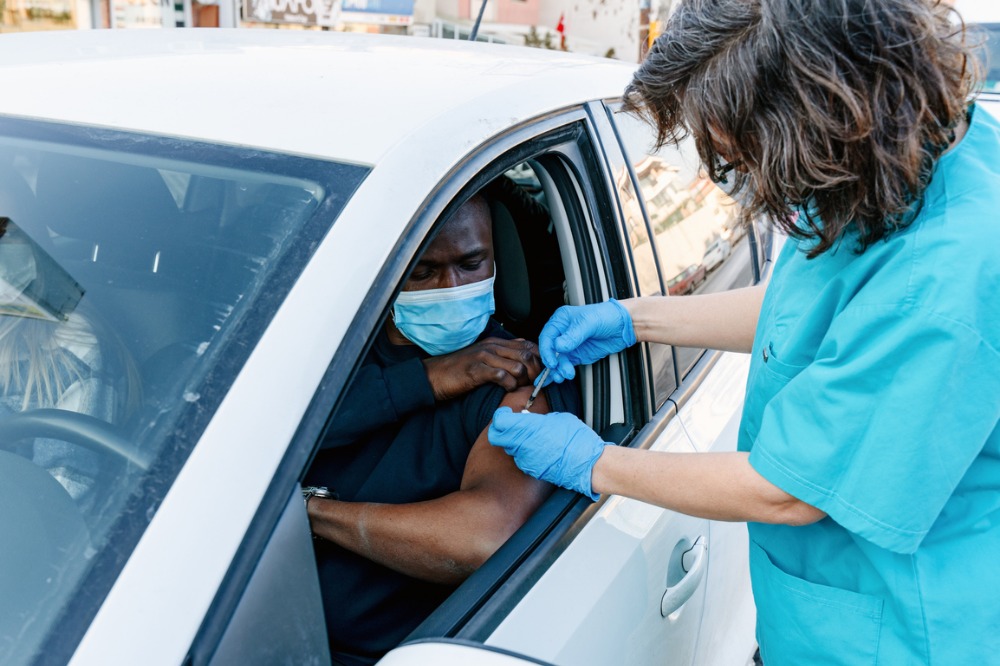
How antibody therapy impacts COVID vaccines
December 6, 2022People who receive monoclonal antibodies before vaccines may benefit from increased coverage, due to antibody feedback inhibition.
Read more
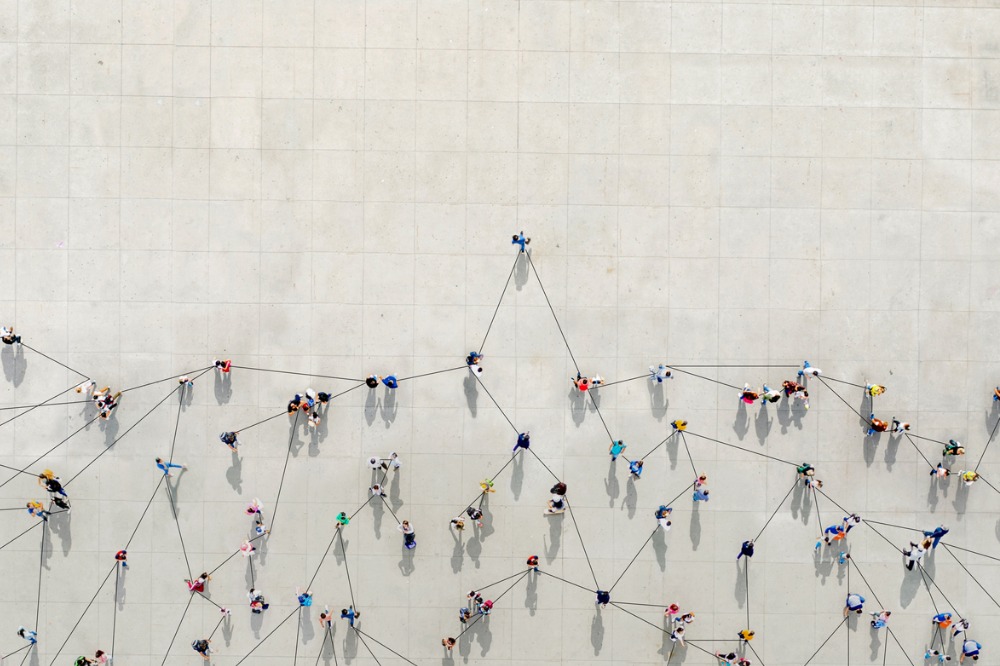
Mathematical modeling suggests counties are still unprepared for COVID spikes
October 24, 2022If jurisdictions plan to share resources in advance, the study concludes, this could prevent one rare event from overwhelming a county or state.
Read more
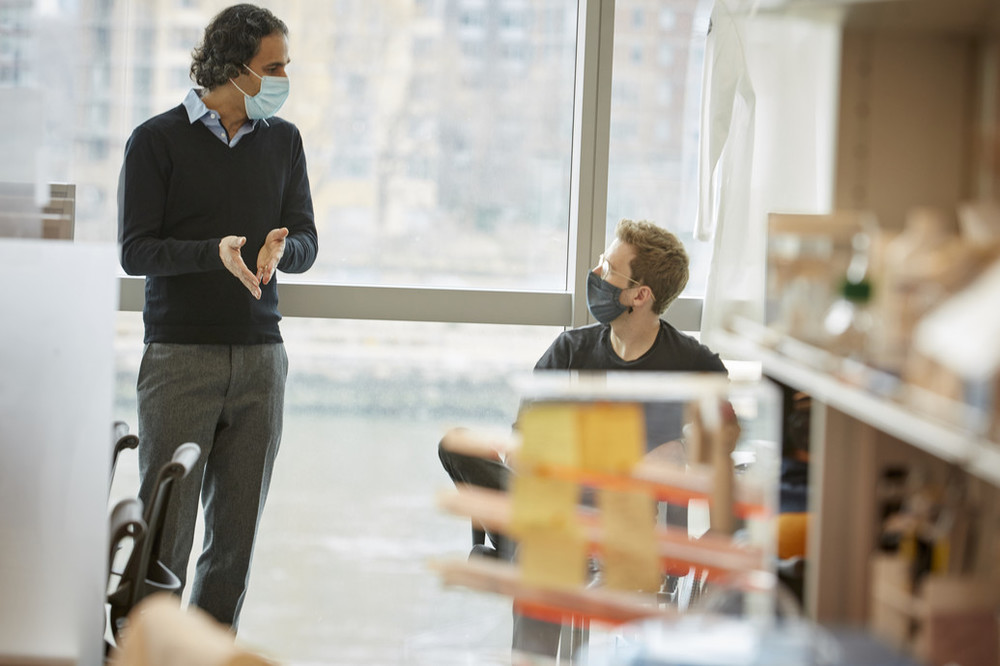
Common mutation linked to COVID mortality
September 21, 2022Because three percent of the world population possesses these gene variants, the findings may have implications for hundreds of millions of individuals around the world.
Read more
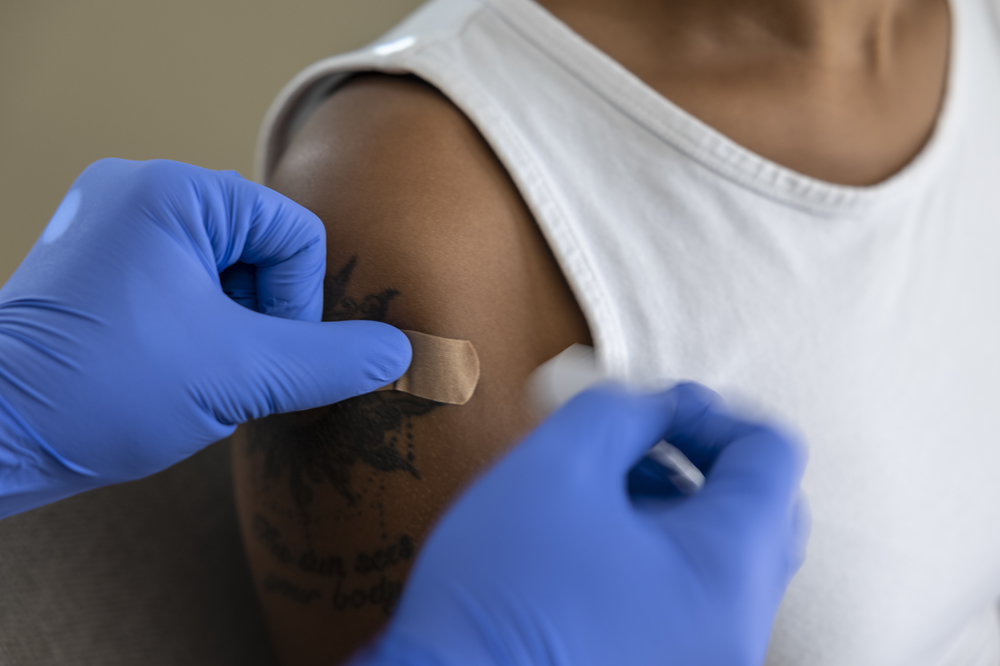
A third vaccine dose may increase protection from Omicron
June 23, 2022The booster appears to galvanize memory B cells into producing potent and versatile antibodies that neutralize both the original virus and its many variants.
Read more
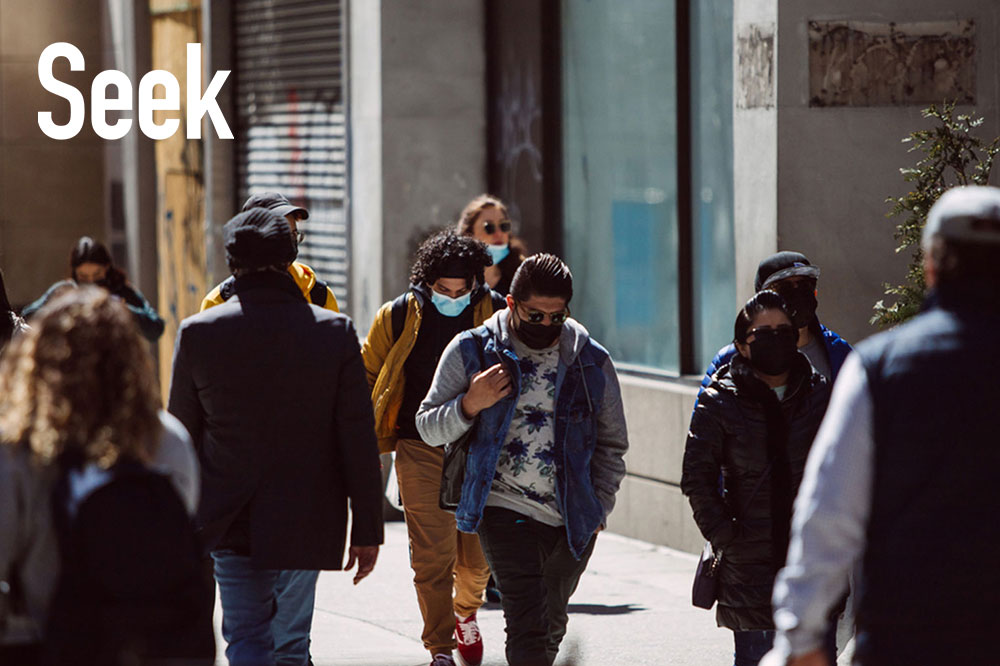
Coveted, COVID-proof genotypes
May 23, 2022AS COVID CONTINUES to find new victims, one of its biggest mysteries remains unresolved: why certain people appear to keep dodging it.
Read more
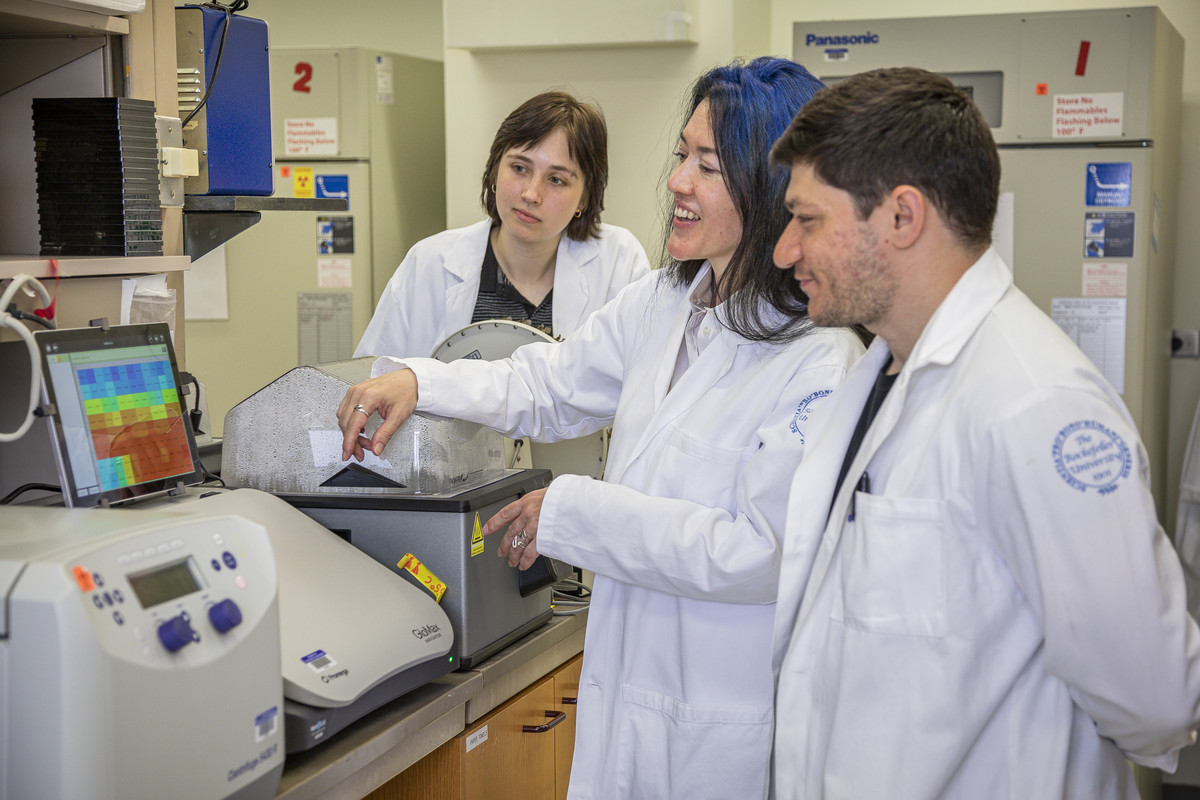
New evidence that boosters may be crucial in protecting against Omicron
December 16, 2021Researchers found that the antibodies present in people who have had COVID or taken two doses of mRNA vaccine are inadequate against Omicron. But their protective ability increases significantly after a booster dose.
Read more
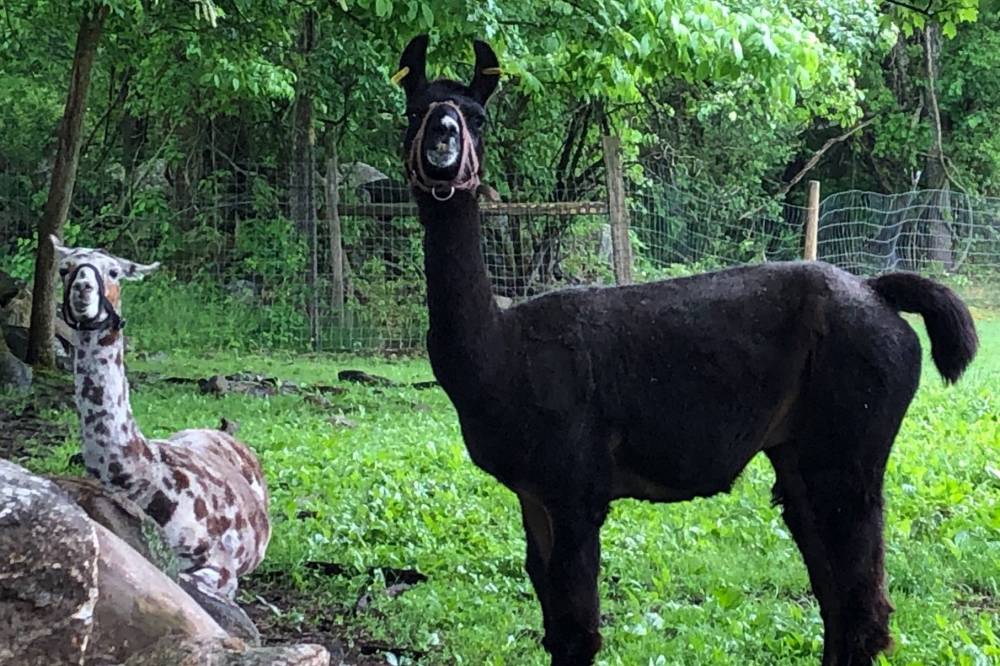
Miniature llama antibodies could help fight SARS-CoV-2 variants
December 7, 2021Scientists have identified hundreds of llama-derived antibodies that potentially could be developed into a COVID treatment. They hope such a drug would be potent against different variants of the coronavirus, including Omicron.
Read more
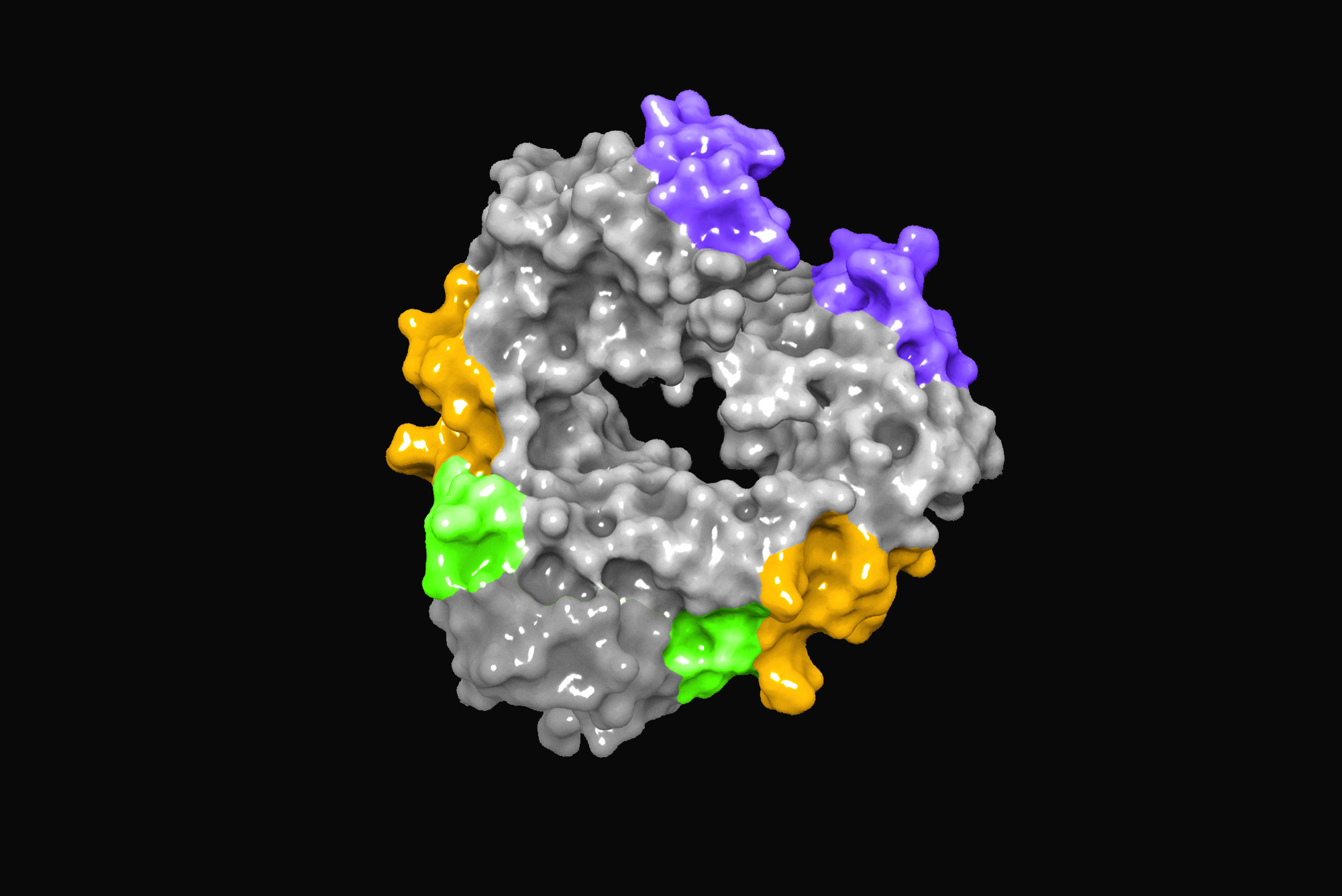
New design may boost potency of monoclonal antibodies against COVID
November 18, 2021In animal experiments, the structurally altered antibodies activated the immune system more effectively than those currently used in the clinic. They also proved to be more protective against the virus.
Read more
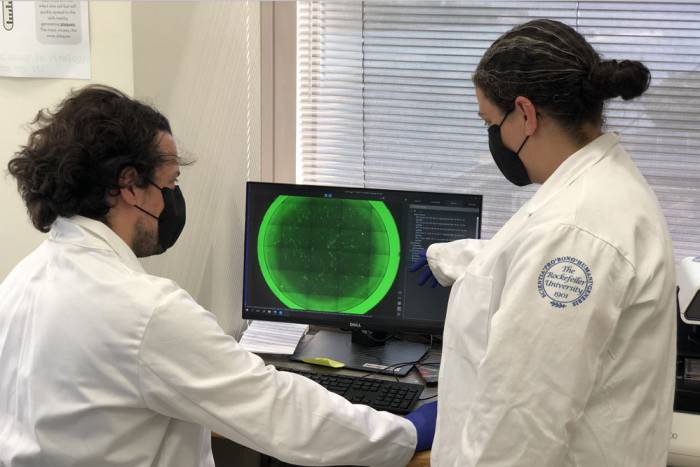
Could future coronavirus variants fully dodge our immune system?
September 21, 2021Studying dozens of naturally occurring and laboratory-selected mutations in SARS-CoV-2, researchers found that the virus will need to pull off a genetic feat to become fully resistant to antibodies.
Read more
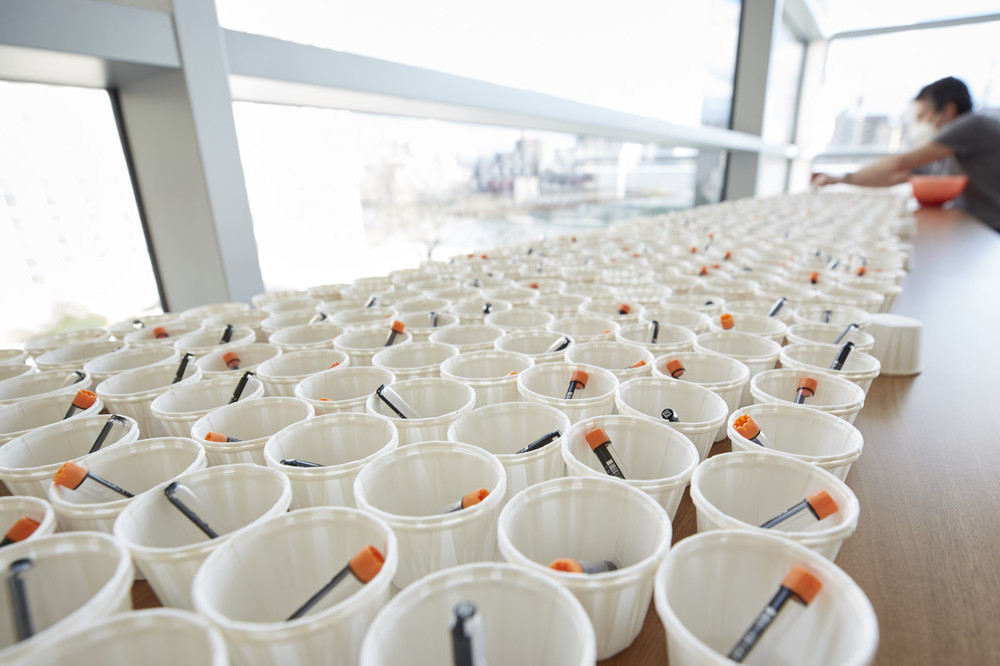
Rockefeller saliva test for COVID-19 outperforms commercial swab tests
September 14, 2021The DRUL saliva assay is safer, more comfortable, and less expensive than comparable COVID screening tools. Now a new study demonstrates that it is at least as sensitive as swab tests, too.
Read more
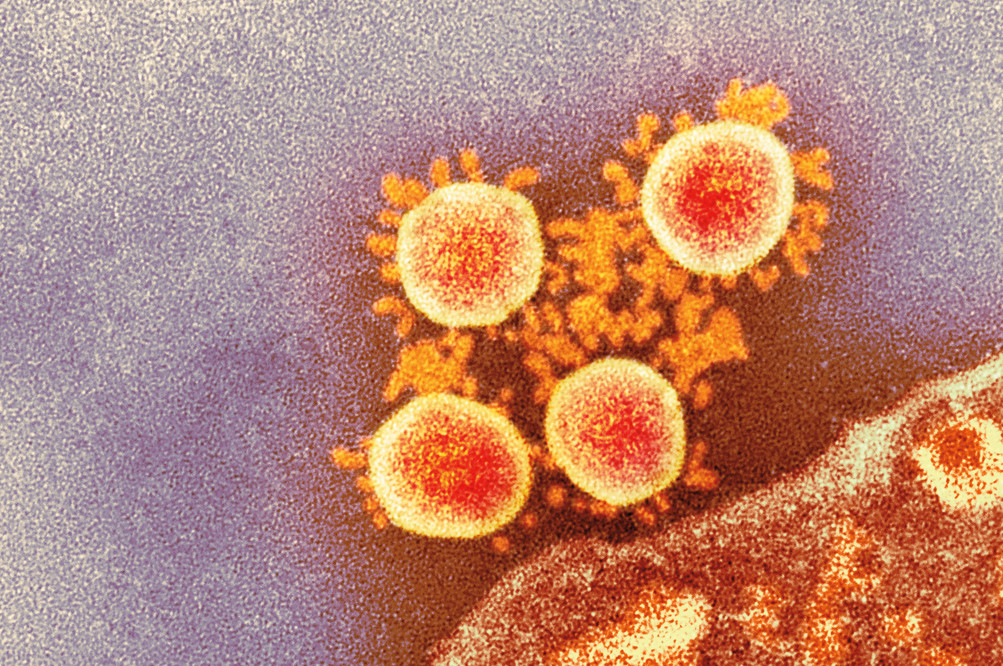
Natural infection versus vaccination: Differences in COVID antibody responses emerge
August 24, 2021People who recover from COVID-19 may have better protection than those who received a vaccine, but the benefits of natural immunity do not outweigh the very real risk of disability and death from contracting the disease.
Read more
The common thread in severe COVID-19
August 19, 2021New studies point to a single molecular explanation for 20 percent of critical COVID-19 cases: insufficient or defective type I interferons.
Read more
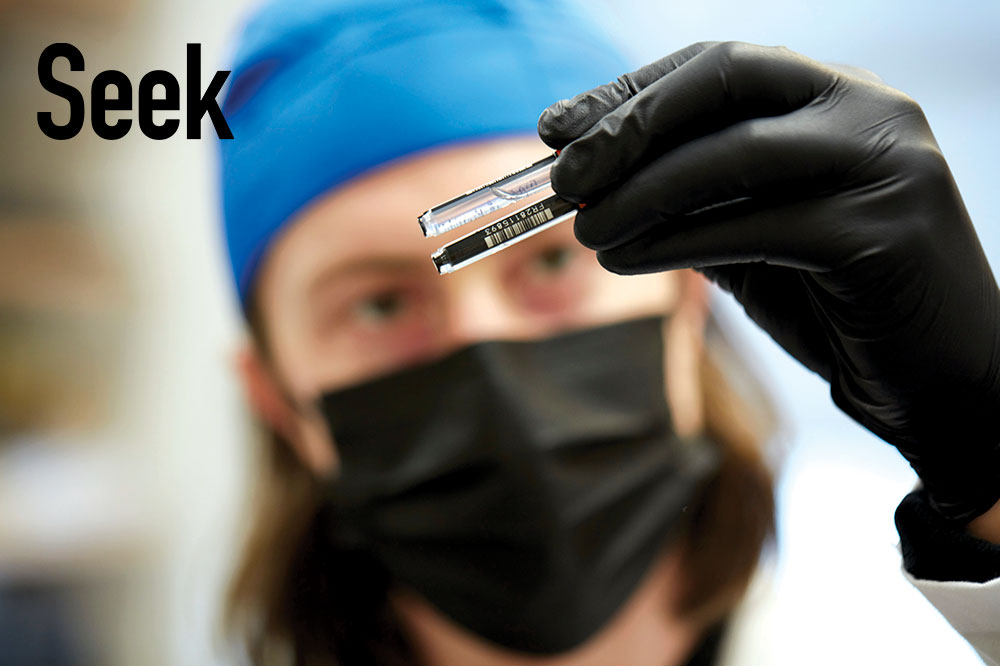
Building a better COVID test
August 19, 2021How a small study of arthritis patients gave birth to the pandemic’s most innovative virus test.
Read more
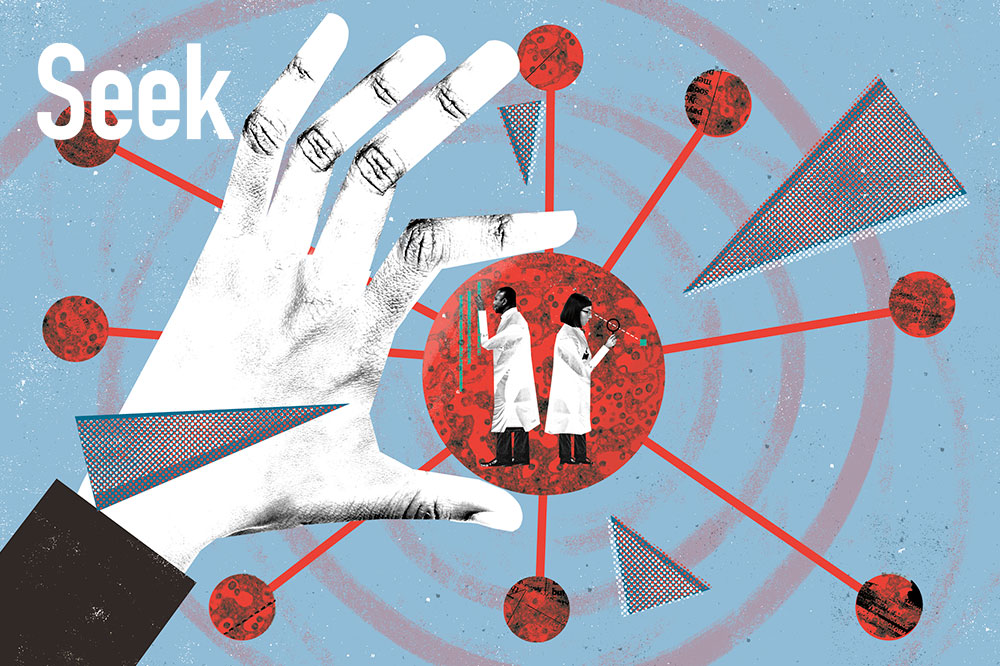
As society reopens, scientists aim to close in on COVID
August 18, 2021FOR MANY, NEWS of the first “breakthrough” COVID cases was alarming. But for scientists, it was expected—and presented an opportunity.
Read more
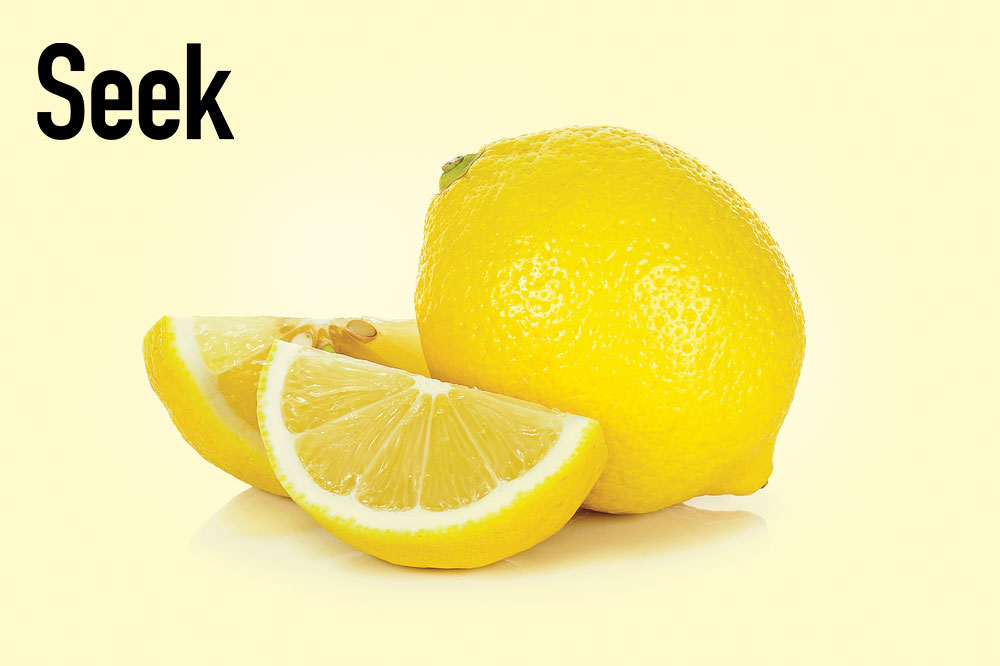
The lemon aid
July 23, 2021THE SALIVA COVID test developed at Rockefeller is both highly accurate and very convenient—except when your mouth is dry. In that case, you need a lemon.
Read more
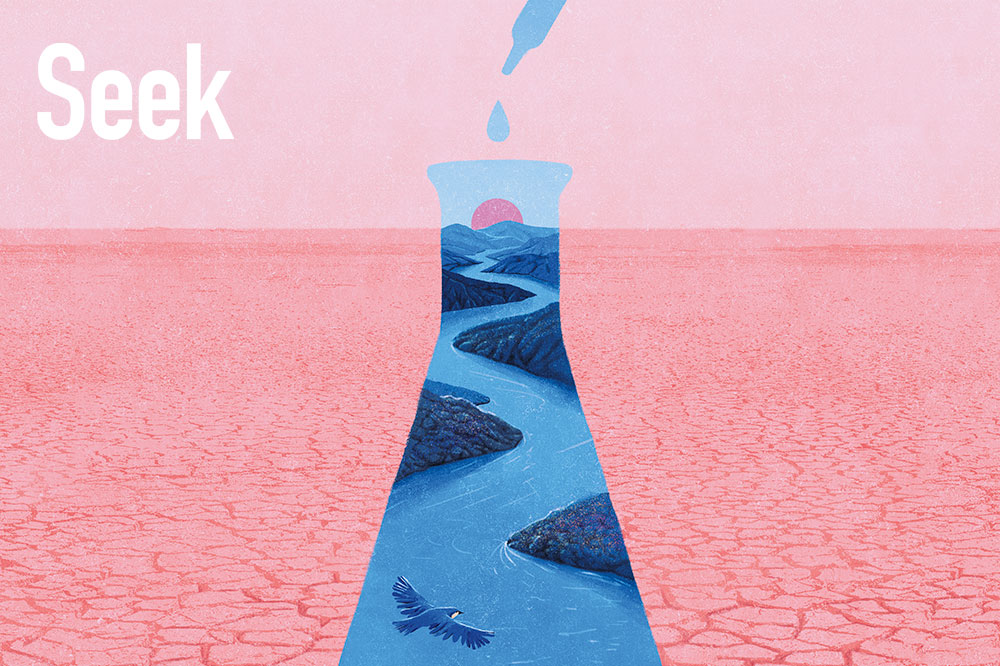
America is getting vaccinated. Now what?
July 2, 2021When the virus struck, researchers responded with unrivaled focus, creativity, and cooperation. Will science maintain its newfound momentum even as this pandemic recedes?
Read more
Vaccines charge up natural immunity against SARS-CoV-2
May 28, 2021Vaccination enhances antibodies in people who have had COVID, likely giving them protection even from the new variants.
Read more
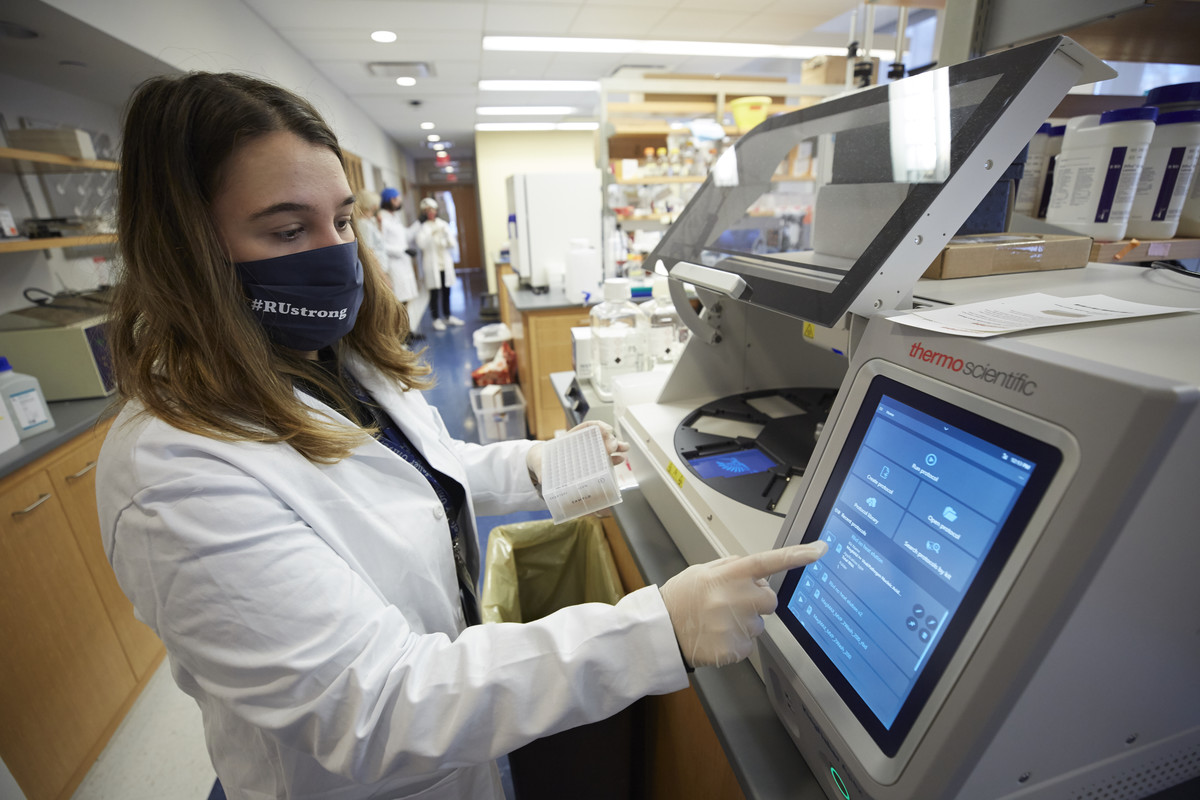
Study of “breakthrough” cases suggests COVID testing may be here to stay
April 21, 2021Two new cases helped scientists confirm what many have come to suspect: that people can get infected by SARS-CoV-2 variants even after successful vaccination. The findings suggest continued testing may be needed to prevent future outbreaks in a post-vaccine world.
Read more
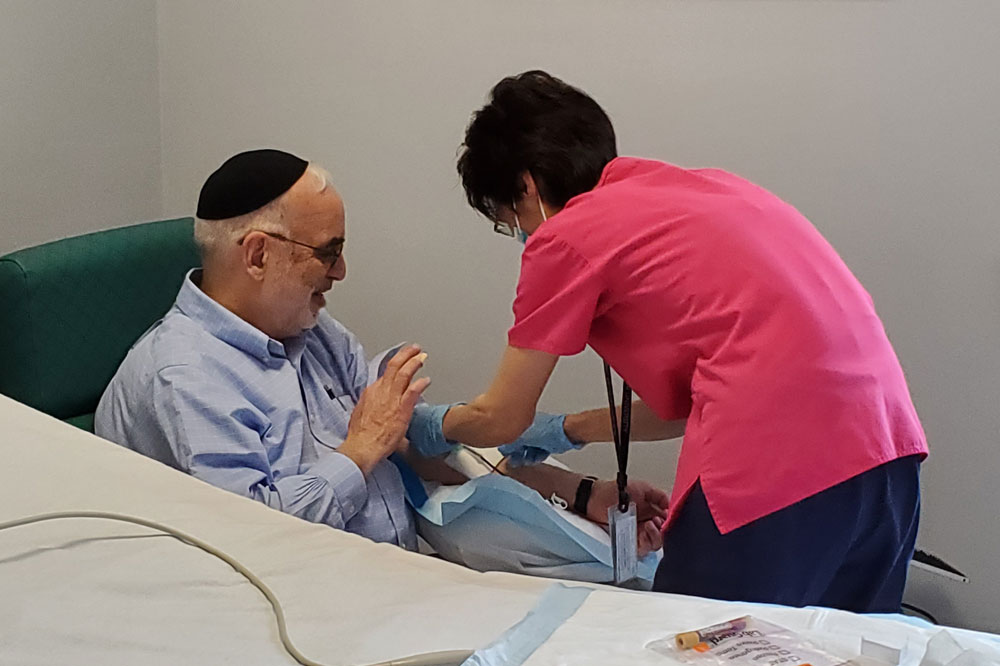
Rockefeller grants commercial license for the development of monoclonal antibodies for treatment of COVID-19
February 3, 2021The treatment, a combination of two antibodies, has been shown highly capable of neutralizing SARS-CoV-2 in preclinical studies. Researchers hope it will give countries around the world, including developing countries, a way to control the rampant disease.
Read more
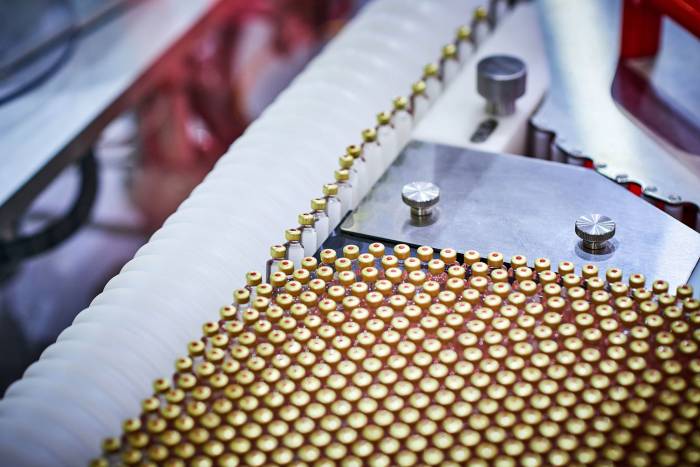
COVID-19 vaccines may need regular updates for emerging variants
January 29, 2021Lab experiments suggest that the new strains reported in Britain, South Africa, and Brazil may blunt the potency of the Pfizer and Moderna COVID-19 vaccines. This could mean that the vaccines will need updates as the virus mutates.
Read more
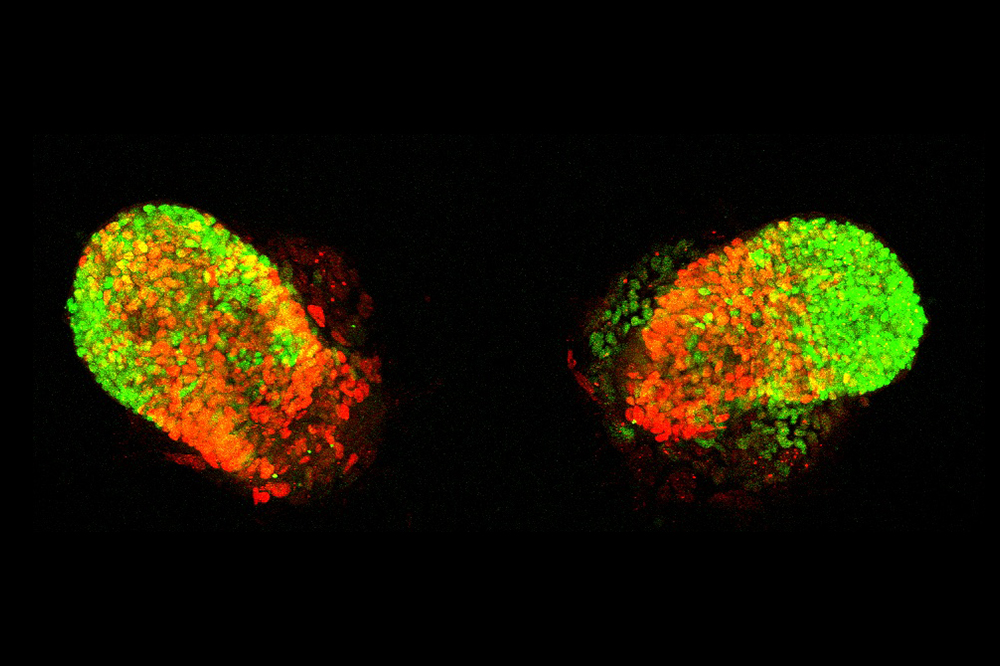
Synthetic “micro lungs” could take COVID-19 research to the next level
January 20, 2021Scientists have developed stem-cell technology to mass-produce tissue cultures resembling our breathing organs. These tissues offer a powerful model in which to study how SARS-CoV-2 wreaks havoc in the lungs and to screen for new drugs.
Read more
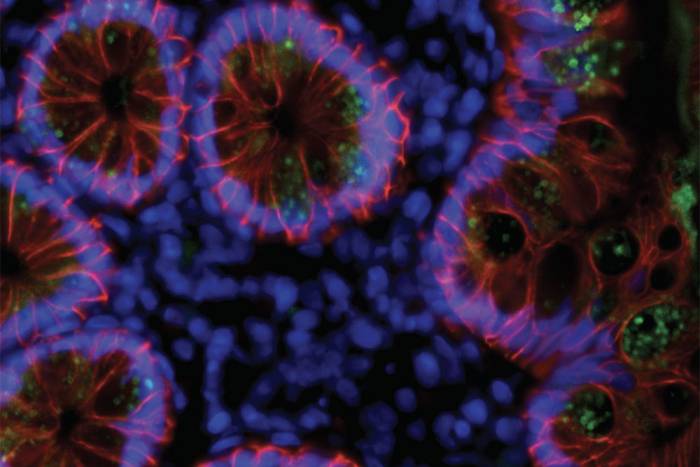
The immune system mounts a lasting defense after recovery from COVID-19
January 18, 2021The study participants continued to improve their antibodies months after initial infection, potentially due to exposure to the remnants of the virus hidden in the gut.
Read more
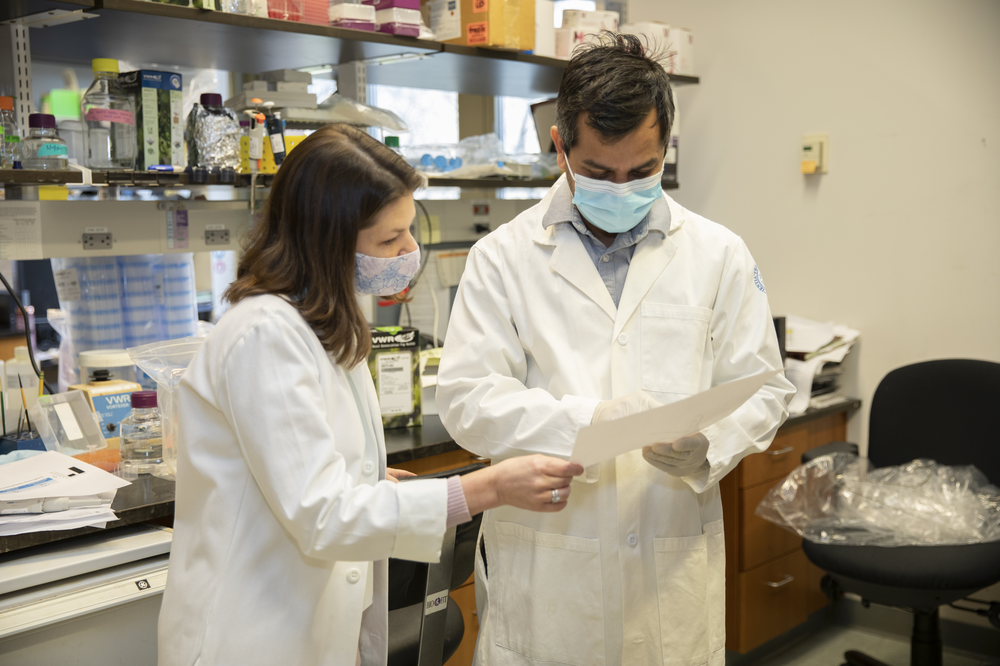
The blood may hold clues to some of COVID-19’s most mysterious symptoms
January 15, 2021COVID-19 causes a host of diverse complications, from lung inflammation to blood clots, heart failure, and brain fog. A team of scientists believes these attributes may have a single culprit—and that findings from research on Alzheimer’s disease might give them a leg up in finding it.
Read more
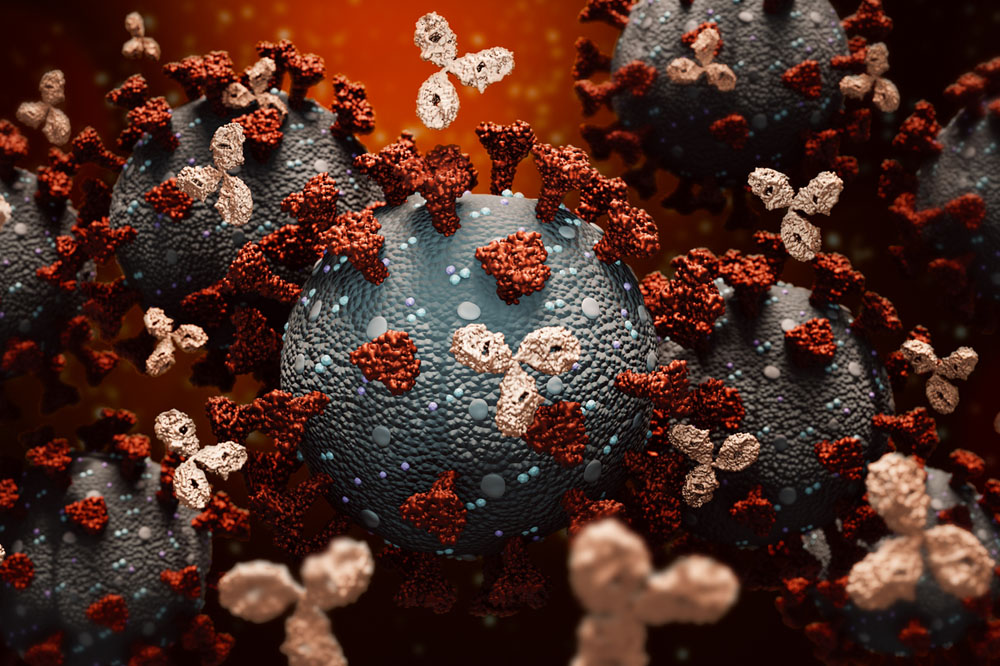
Rockefeller begins testing of new COVID-19 antibody drug in people
January 14, 2021Patients in the clinical trial will receive two highly potent antibodies against SARS-CoV-2 discovered at the university. Designed to prevent people with early COVID-19 from developing severe disease, the treatment is urgently needed as hospitals continue to be inundated by repeated surges of infection, and mass vaccinations are still months away.
Read more
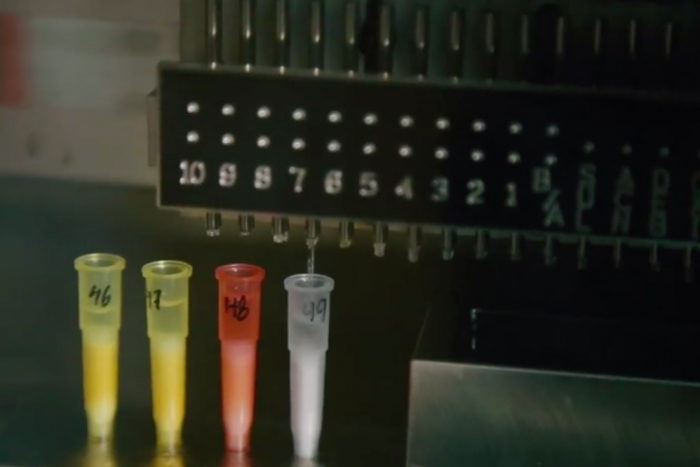
As COVID-19 vaccines emerge, the search for antiviral drugs continues
December 18, 2020Scientists are digging through drug libraries of 430,000 compounds, in pursuit of an antiviral drug that can stop the novel coronavirus in its tracks.
Read more
Royalty Pharma and Pablo and Almudena Legorreta Support Development of Antibody-Based COVID-19 Therapy at The Rockefeller University
December 17, 2020Royalty Pharma and The Rockefeller University announced generous gifts totaling $5,760,000 from Royalty Pharma and Pablo and Almudena Legorreta.
Read more
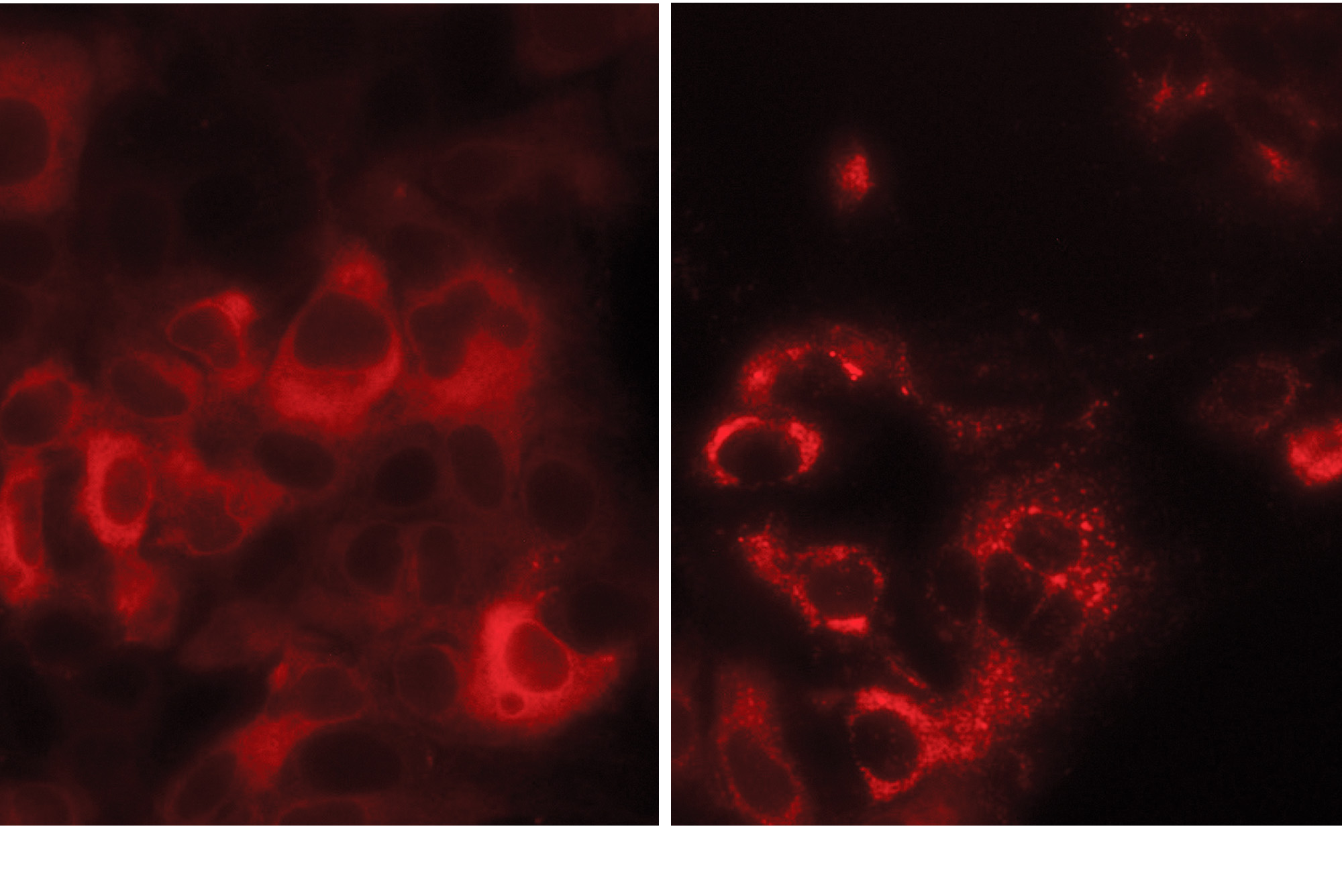
Scientists map the network of SARS-CoV-2’s helpers inside human cells
December 16, 2020The virus must hijack more than a hundred human proteins to replicate inside a cell. One of them stands out because it is an absolute requirement for infection by four different coronaviruses as well as by viruses that cause Zika, yellow fever, and other diseases.
Read more
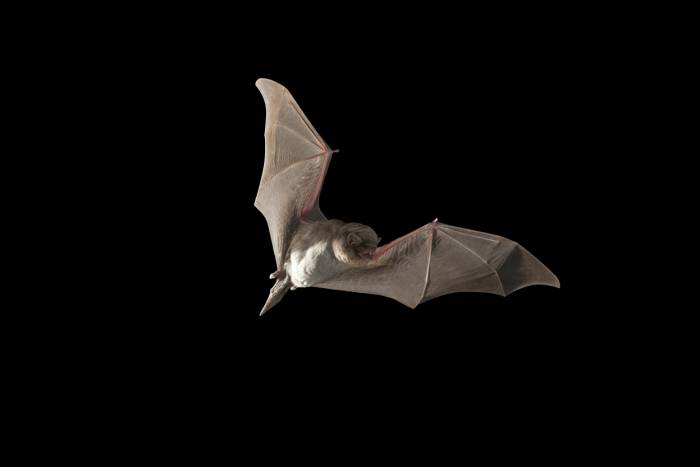
What bats can teach us about COVID-19
December 9, 2020Unlike most humans, bats are naturally resistant to coronavirus infection. Researchers are now searching their genomes for clues that might explain why SARS-CoV-2 can cause devastating disease in our own species.
Read more
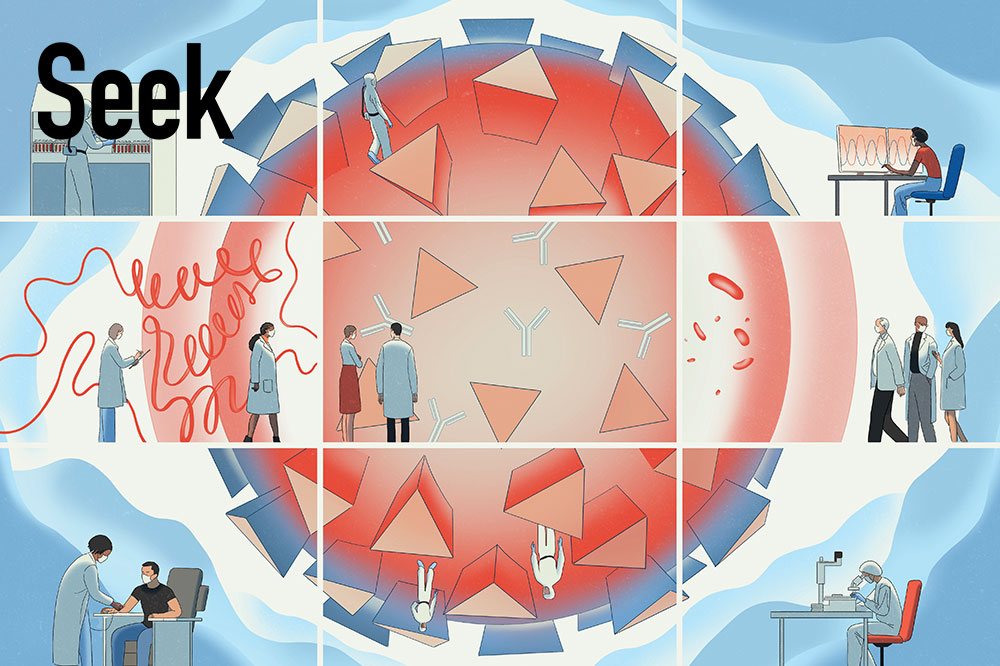
Science fights back
November 6, 2020Researchers have launched a tremendous race to understand the new virus and attack it from every angle. How they work and collaborate might never again be the same.
Read more
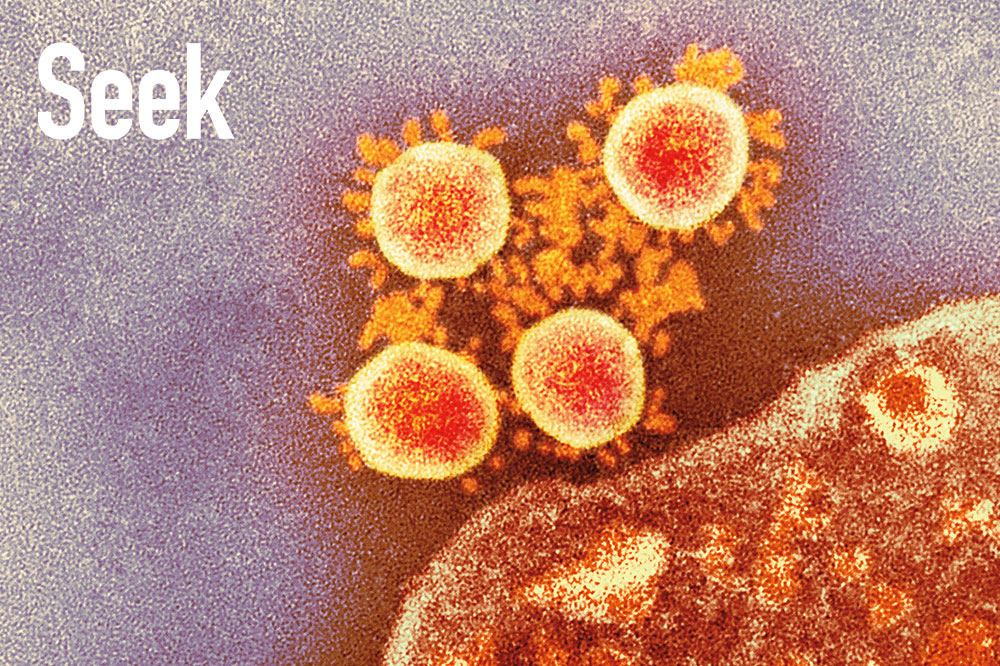
A mediocre mutator
October 15, 2020Scientists developed a method to safely examine the ability of SARS-CoV-2 to escape future drugs or vaccines by mutating. Their initial results are reassuring.
Read more
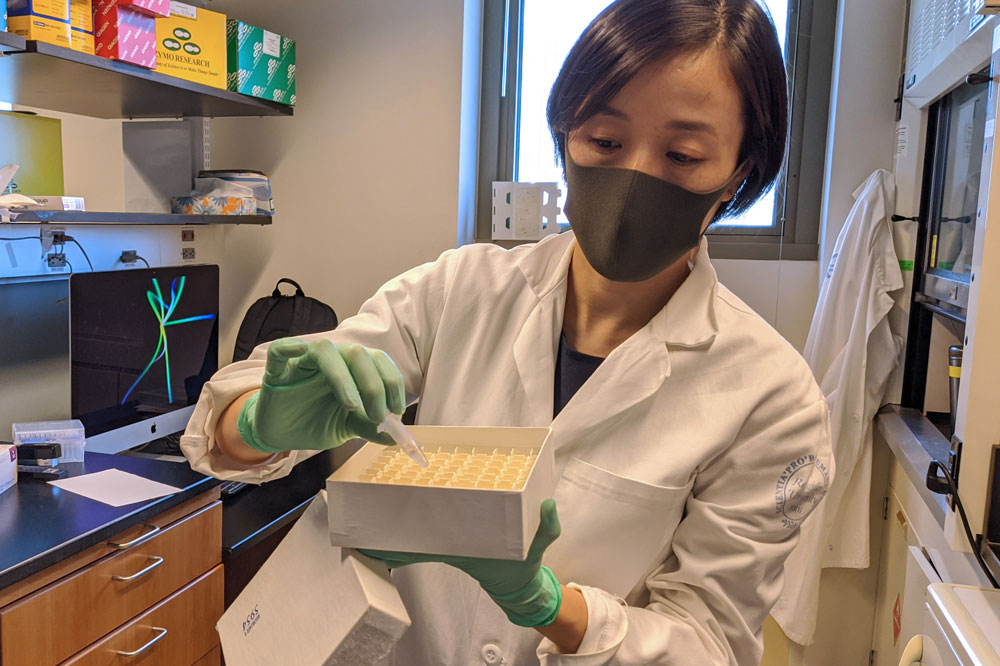
Scientists trace severe COVID-19 to faulty genes and autoimmune condition
September 24, 2020The findings explain why some people are so vulnerable to the infection, and suggest new avenues for treatment.
Read more
Bulgari Corporation to support Rockefeller's COVID-19 research and women scientists
September 9, 2020Over the next three years, the fund will augment the university's wide-ranging research initiatives aimed at alleviating the COVID-19 pandemic, and also support the its women scientists in their training and careers.
Read more
Scientists uncover antiviral protein that blocks coronavirus infection
September 2, 2020New research identifies a protein that blocks infection by SARS-CoV-2, the coronavirus that causes COVID-19, along with several other types. The findings could inform treatment strategies and help us better prepare for future outbreaks.
Read more
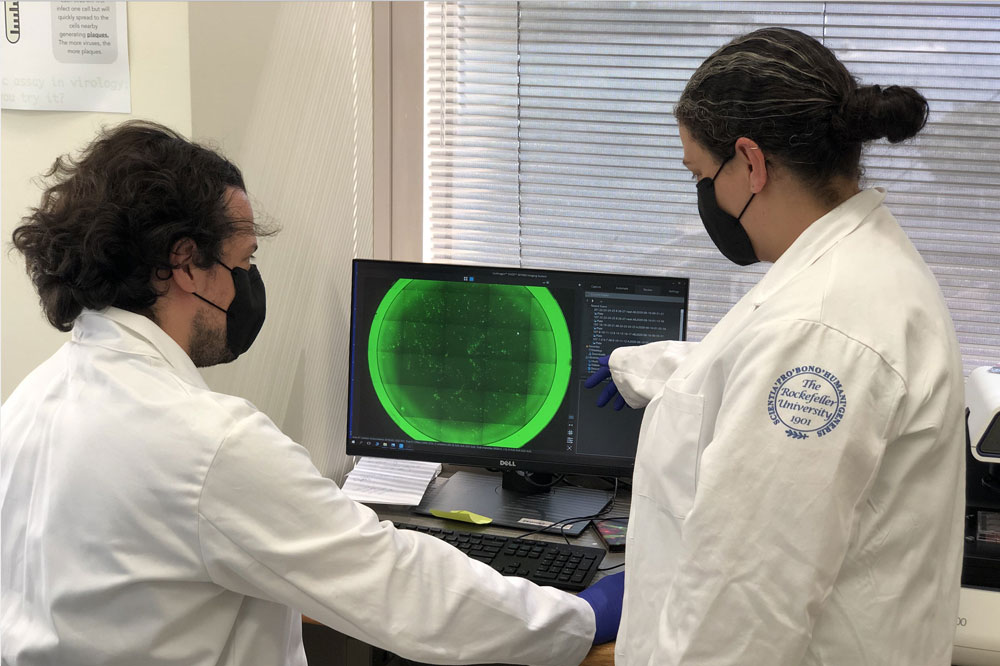
Will SARS-CoV-2 escape future drugs by mutating? The answer may be a nuanced “no.”
August 10, 2020Scientists hope to deploy antibodies in the quest to end COVID-19. A recent study moves them closer to accomplishing a key step: finding out if the virus may acquire resistance to antibody-based drugs or vaccines, and how to potentially prevent this.
Read more
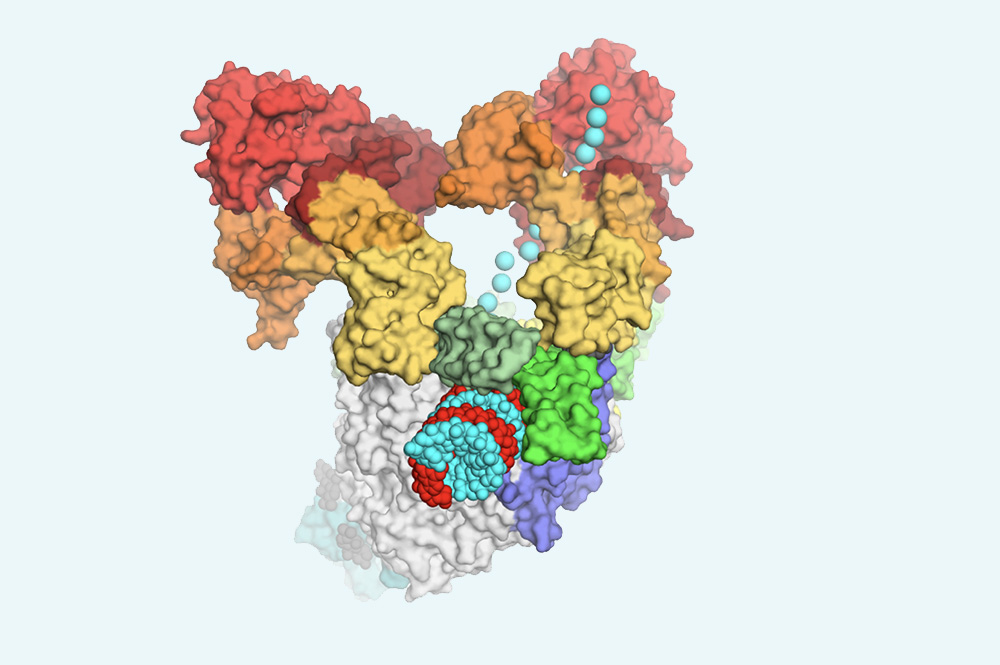
A never-seen-before image of the coronavirus copy machine
August 7, 2020The high-resolution 3D image can speed COVID-19 drug discovery.
Read more
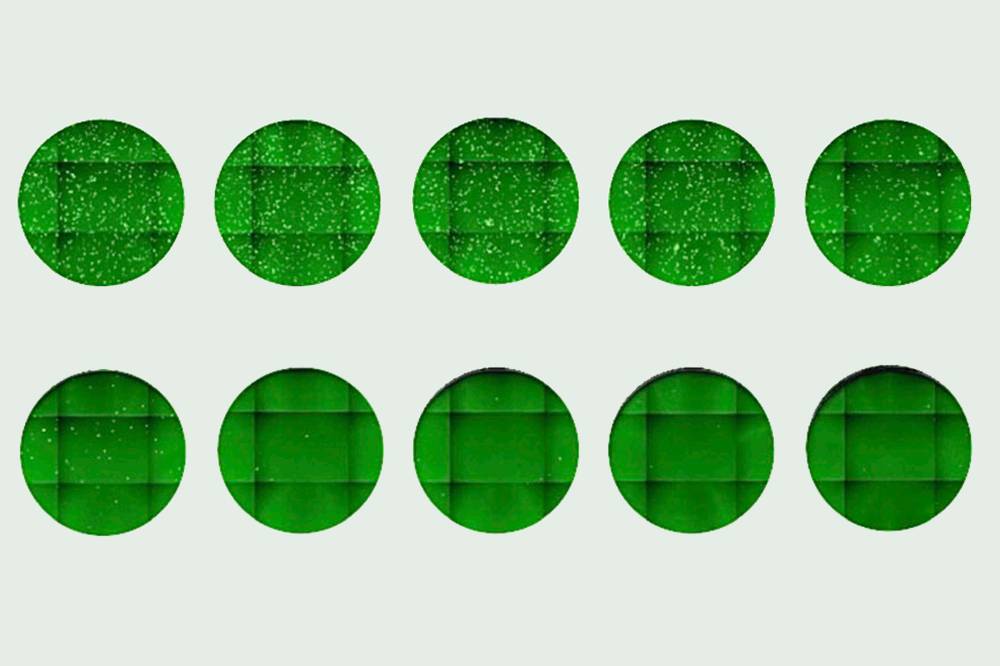
How toothless mock viruses could advance research on COVID-19
July 31, 2020Scientists have engineered four viruses resembling SARS-CoV-2 to enable faster and safer research on vaccines and treatments.
Read more
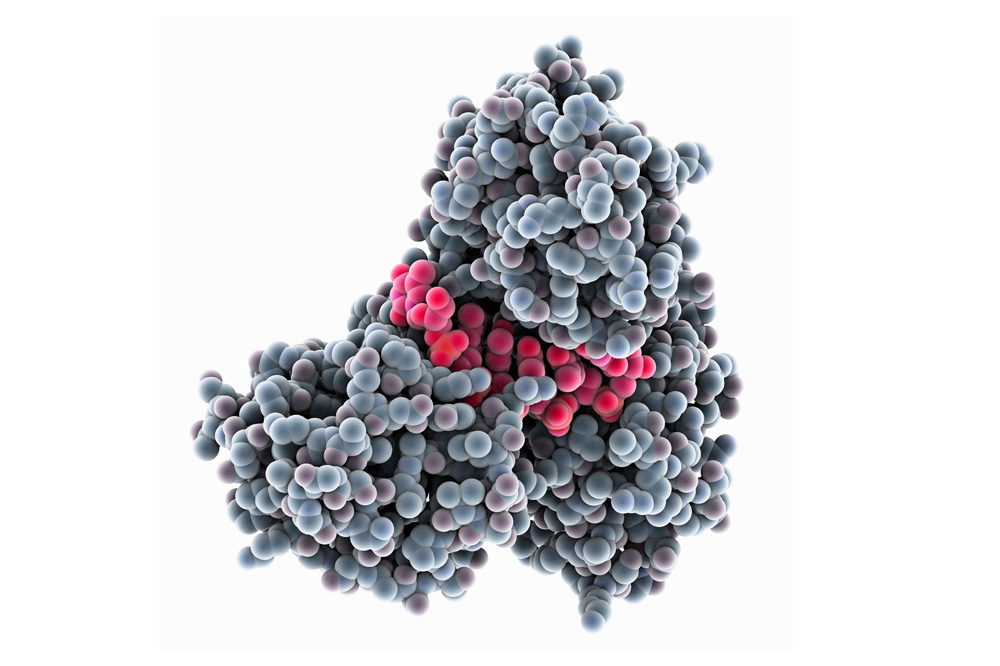
Amid the rush for COVID-19 drugs, a case for the helicase
July 28, 2020The enzyme is essential for the virus to replicate itself inside our cells. Scientists already have ideas for how to block it.
Read more

How antibodies from llamas may lead to COVID-19 treatment
June 11, 2020Llamas make antibodies that are much smaller than their human counterparts, yet still potent. Scientists hope that future drugs based on these molecules could provide new weapons against SARS-CoV-2.
Read more
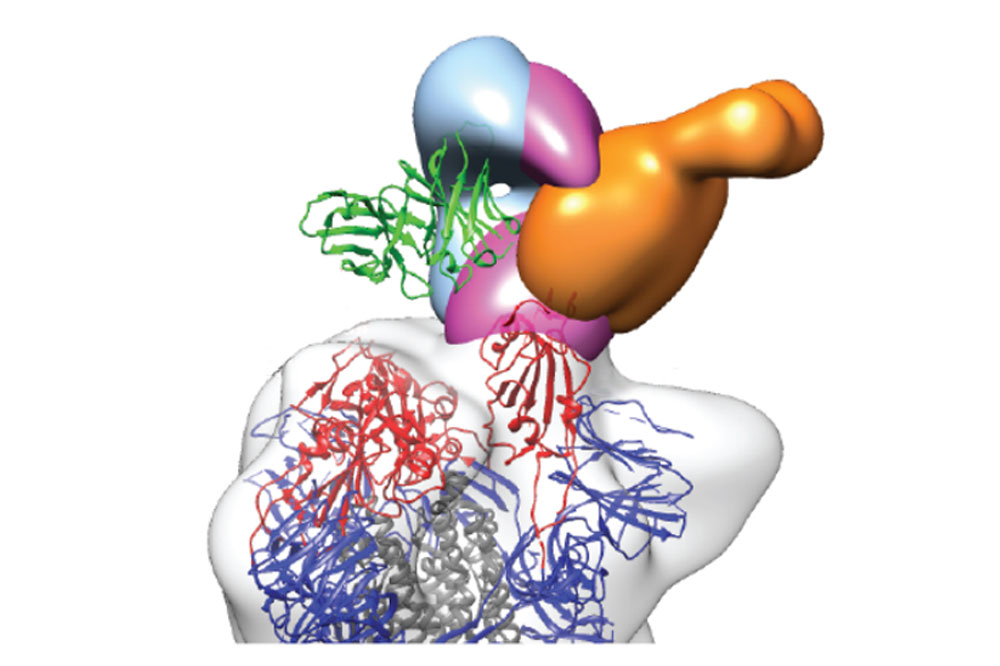
First results from human COVID-19 immunology study reveal universally effective antibodies
May 25, 2020New findings characterize human antibody response to SARS-Cov-2, with implications for convalescent plasma therapy, vaccine design, and antibody-based drugs.
Read more
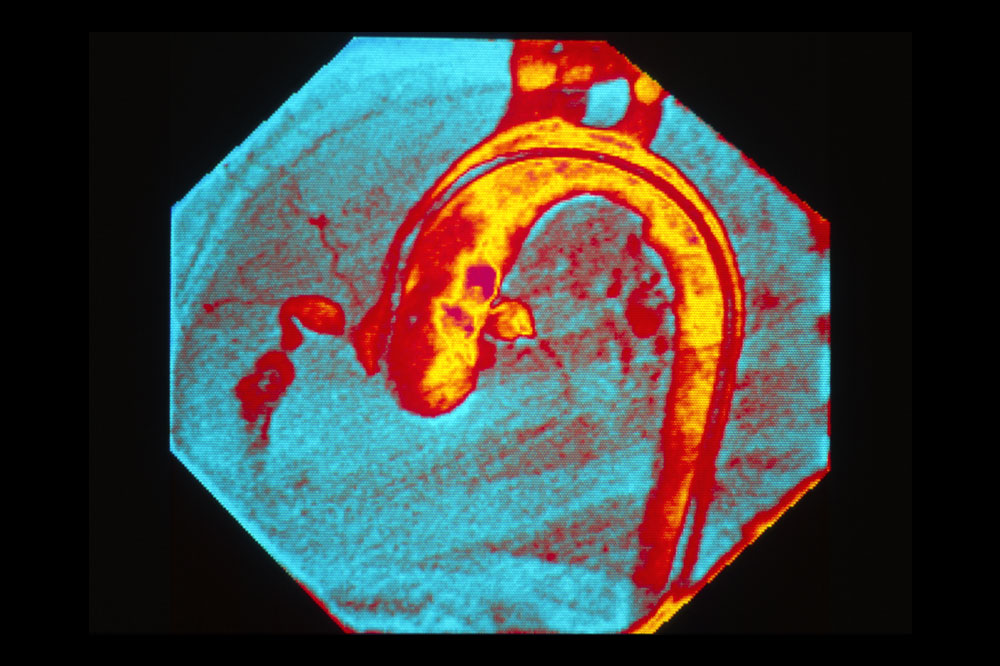
Rockefeller scientists investigate life-threatening inflammation affecting children with COVID-19
May 15, 2020The condition resembles a rare childhood illness, Kawasaki disease. Researchers are analyzing blood samples to find genetic clues to what might be causing it.
Read more
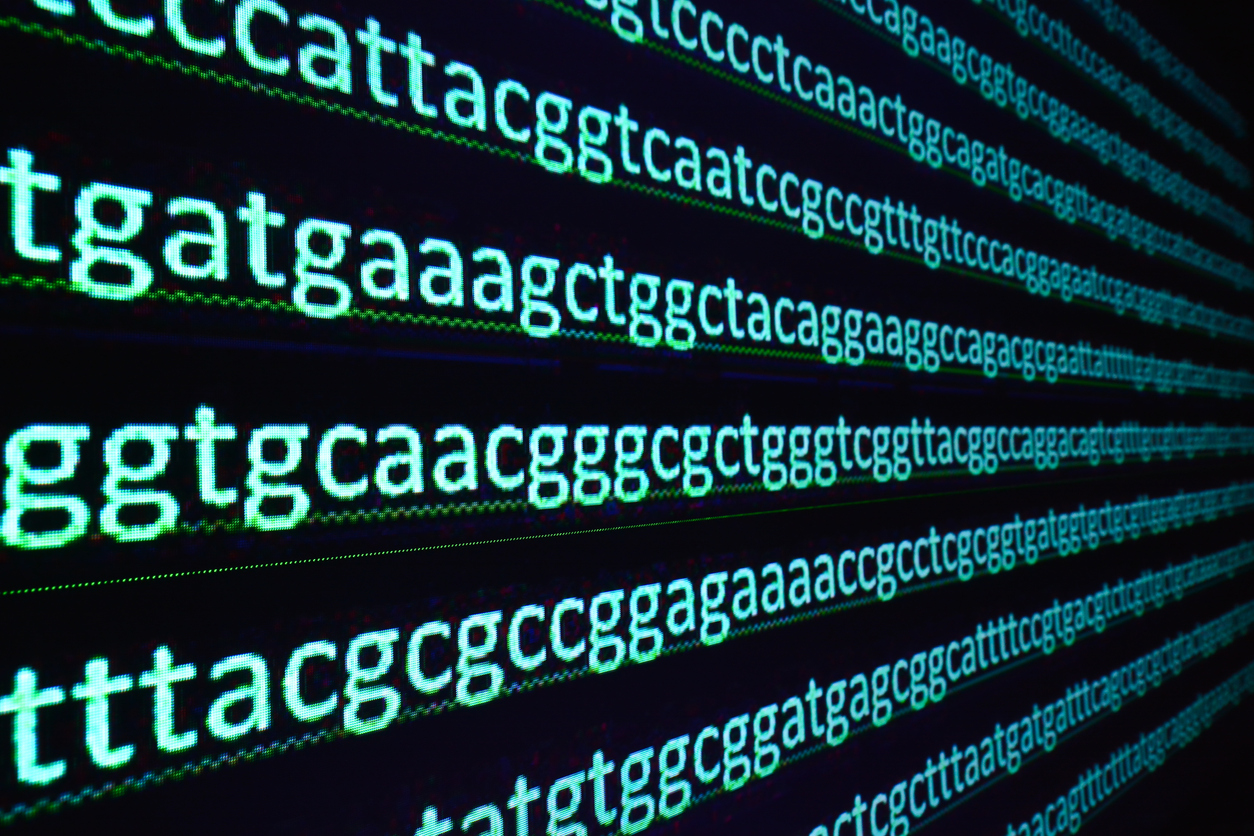
The gene hunt to explain why some young, healthy people die from COVID-19
April 30, 2020People under 50 without preexisting conditions typically develop mild symptoms of coronavirus infection—but there are exceptions. Researchers are working to identify rare genetic variations that may explain why some in this group have succumbed to the disease.
Read more

Scientists are using 'elite' antibodies from COVID-19 survivors to develop potent therapies
April 21, 2020Most people infected with the coronavirus are able to fight it off because their immune system produces effective antibodies. Rockefeller scientists are working to turn such antibodies into a drug.
Read more
Stavros Niarchos Foundation donates $3 million to Rockefeller COVID-19 research
April 14, 2020The grant bolsters Rockefeller’s round-the-clock research initiatives related to COVID-19 and the SARS-CoV-2 virus that causes it.
Read more
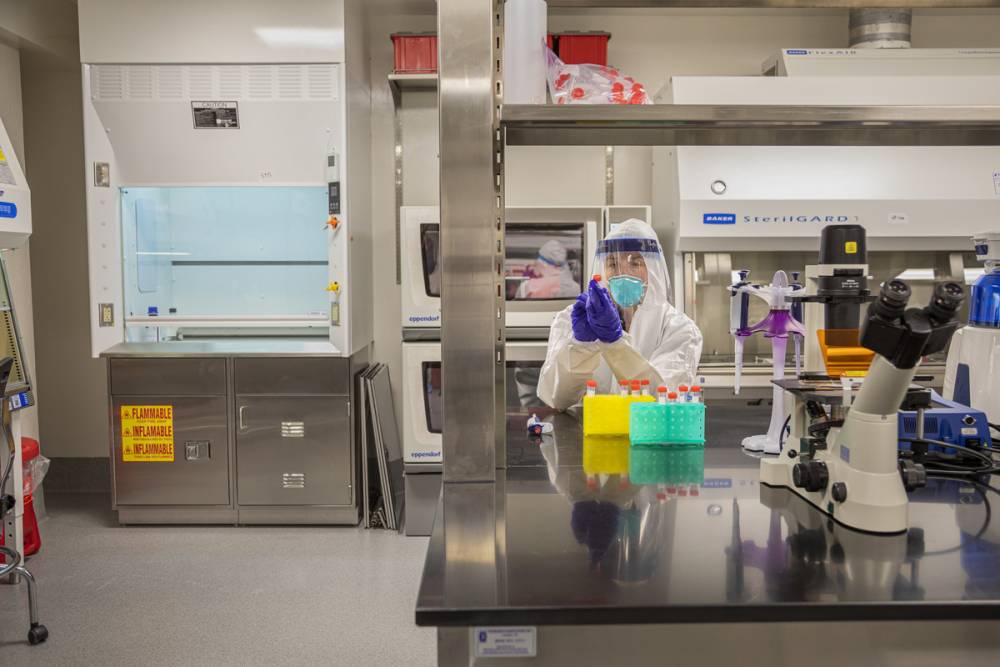
Rockefeller scientists launch a broad range of studies into novel coronavirus
April 3, 2020Over 130 scientists in 18 labs are conducting research to advance the development of new, urgently needed approaches for the prevention and treatment of COVID-19.
Read more